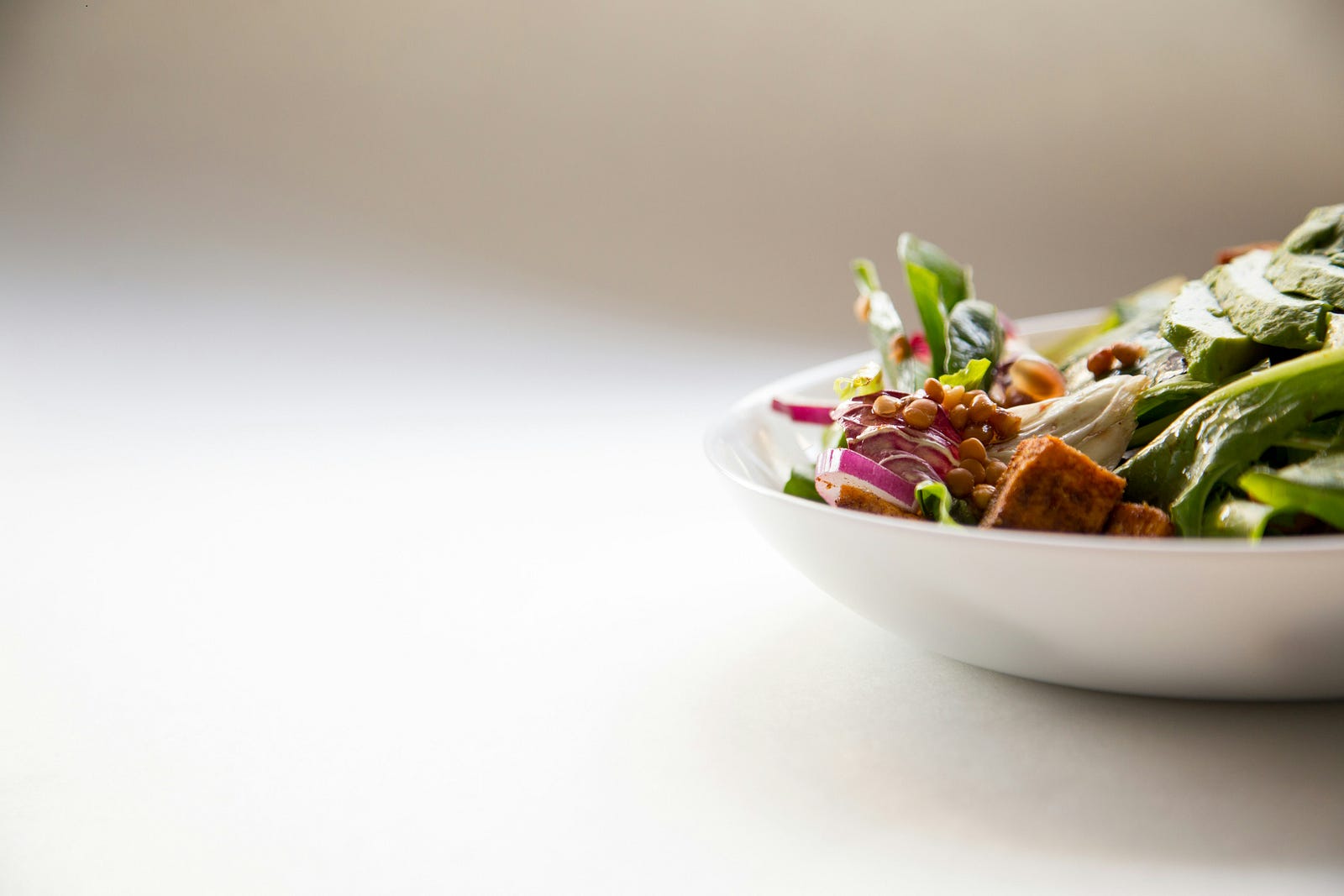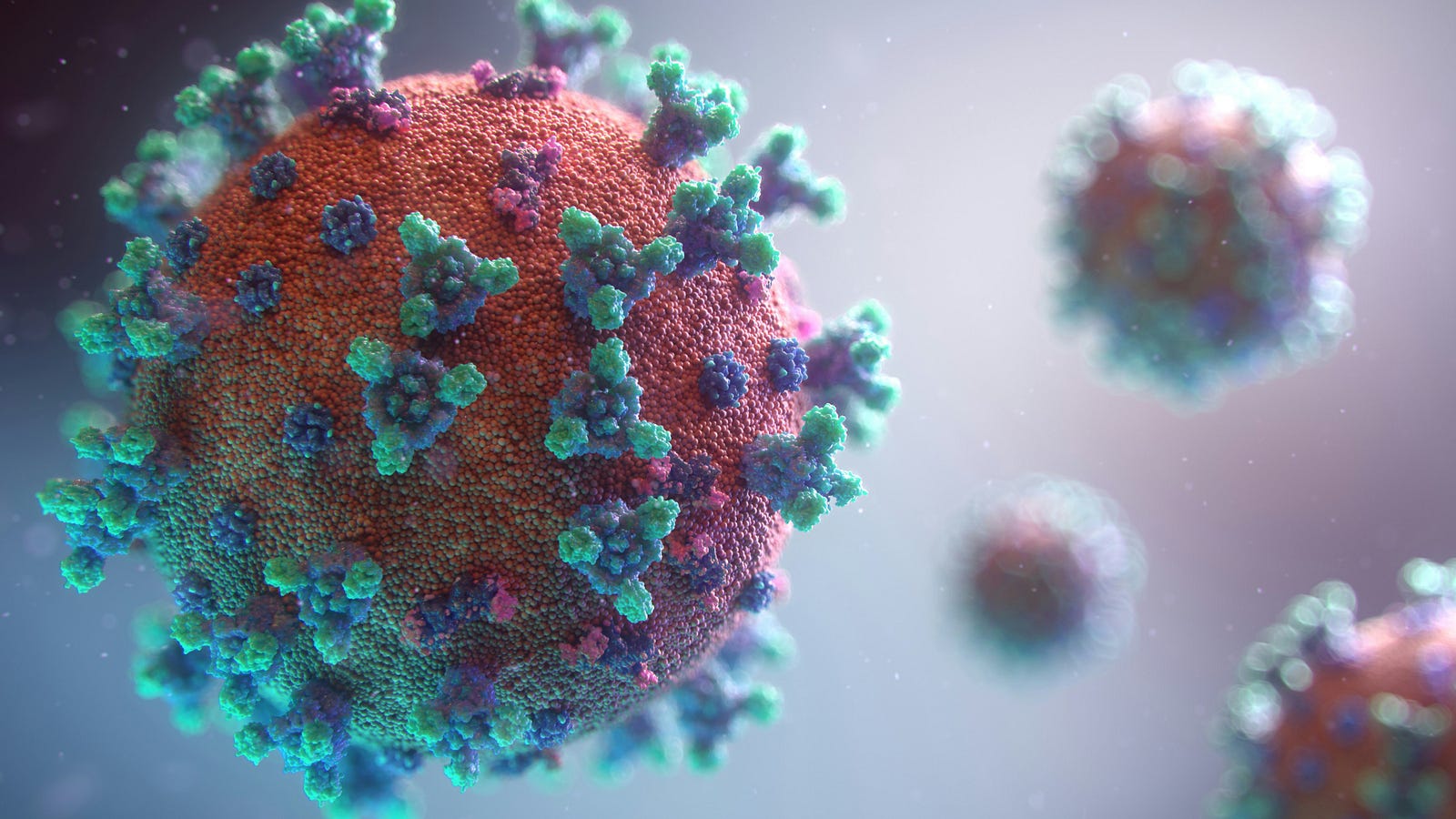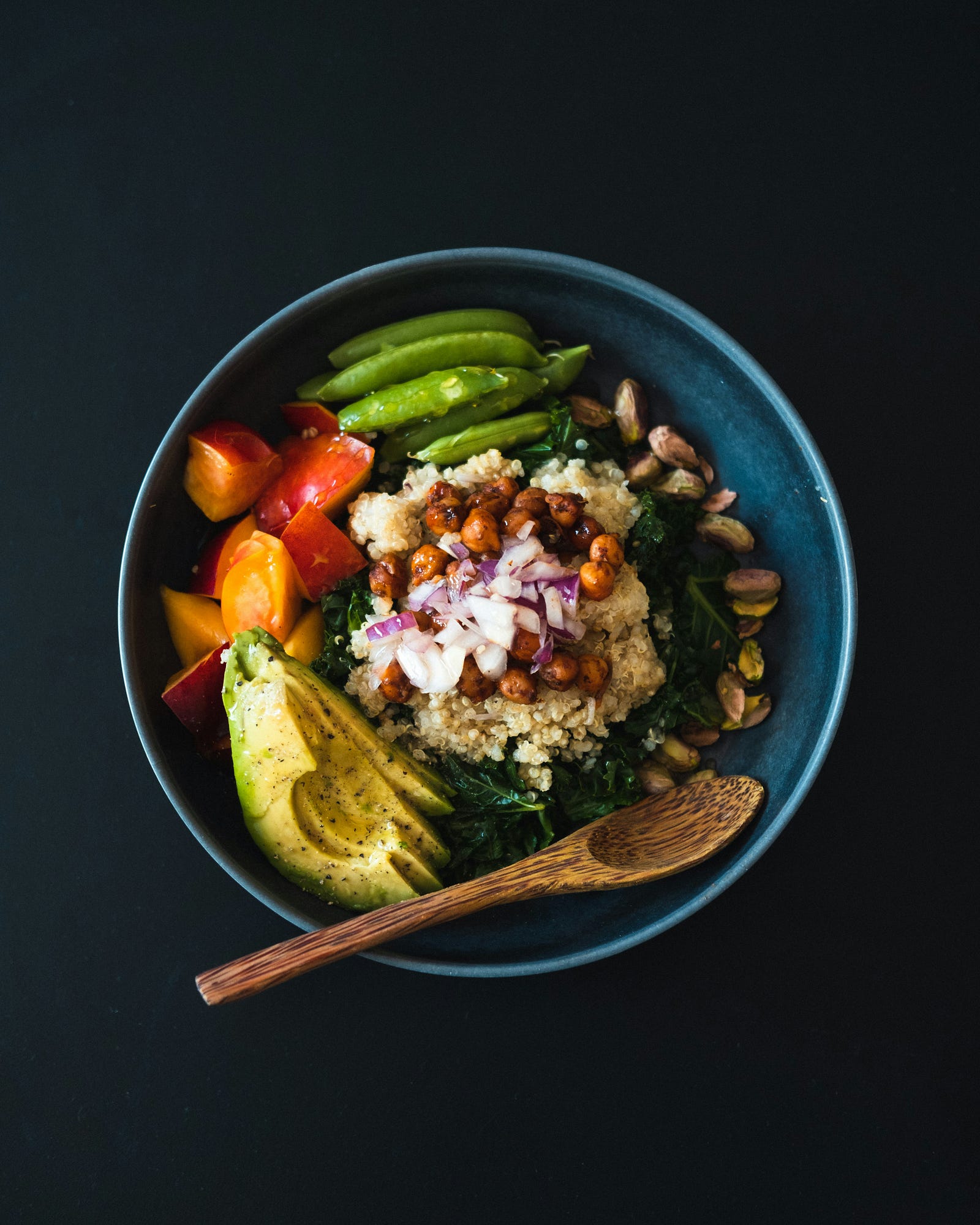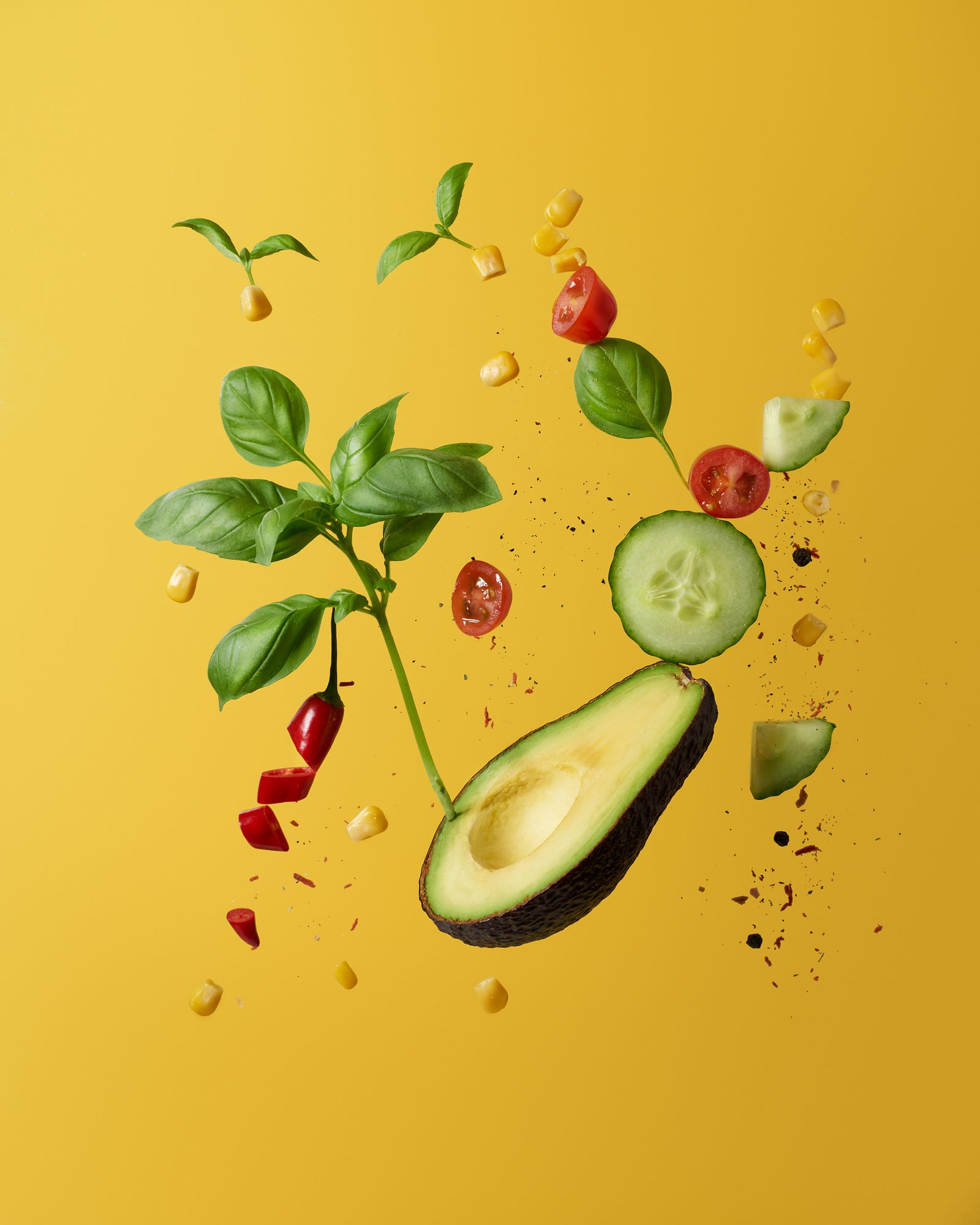IN THE ONGOING BATTLE AGAINST COVID-19, the quest for effective preventive measures has led researchers and individuals to explore various avenues for enhancing immune resilience.
Among these avenues, the role of diet has emerged as a compelling area of focus.

While no single food or nutrient can guarantee immunity against the virus, mounting evidence suggests certain dietary patterns may offer protective benefits.
In this exploration, I will briefly delve into the potential of a plant-rich diet to bolster our defenses against COVID-19 and pave the way for a healthier, more resilient future.
A New Study
I recently stumbled across a BMJ Nutrition, Prevention & Health study.
Pursuing a plant-based diet may drop your chances of getting a COVID-19 infection.
Scientists surveyed 702 Brazilians about weight, height, health problems, exercise, usual diet, and more.

They also asked the subjects whether they had COVID-19 exposure, had gotten sick with it, what its symptoms (types and duration) were, and had done anything to avoid getting sick.
Finally, the team asked if the subjects got the COVID-19 vaccine.
Diet
Approximately 400 offered they regularly consumed meat.
Another 300 indicated that they ate a plant-based diet.
This observation meant either a flexitarian diet (including some meat) or a diet that excluded some or all animal products.
Study Results – Diet and COVID-19 Risk
Nearly half of the study participants reported having had a COVID-19 infection.

But there were COVID-19 infection rate differences by diet:
Plant eaters were 39 percent less likely to have had COVID-19 infection.
The researchers speculate that plant-based diets may offer some infection protection, given protective plant chemicals.
What the Researchers Think
The authors think this is because these diets boost the immune system.
Our immune system needs antioxidant enzymes, vitamins, and peptides to work properly. These are all abundant in plant-based diets.
These diets also provide phytosterols and polyphenols, which have properties that fight against viruses.
My Take – Diet and COVID-19 Risk
The findings are hypothesis-generating.
The research establishes no causal relationship between a plant-based diet and lower COVID-19 infection rates.

I suspect those pursuing a plant-based diet are likely doing several other things that promote health.
There are many reasons (ethical, health, environmental) to incorporate more plants into your diet. Plant-based diets help stave off many chronic diseases.
Alternative Reasons Plants May be Protective
People who stick to this diet tend to have a lower chance of being overweight or obese.
They’re also less likely to have health issues like type 2 diabetes and high blood pressure.
Plus, they’re more likely to make regular exercise a routine.
These factors can all help protect against COVID-19 infection and reduce the severity of symptoms, making it less likely for them to end up in the hospital or face worse outcomes.
However, even after considering these factors, plant-based diets offer even more health advantages against COVID-19.
Study Limitations – Diet and COVID-19 Risk

The investigation relied on self-reported dietary data and may not have completely accounted for other factors that could influence COVID-19 infection risk, such as age, sex, and occupation.
In Line With Earlier Studies
During the early stages of the pandemic, a research team led by Johns Hopkins (USA) conducted a study involving front-line healthcare workers from France, Germany, Italy, Spain, the UK, and the US.
They discovered that those who adhered to plant-based diets had a 73 percent reduced risk of experiencing a moderate-to-severe case of COVID-19.
Thank you for reading “Unlocking Immune Resilience: How This Diet May Help Combat COVID.” PLEASE SIGN UP TO FOLLOW ME!



